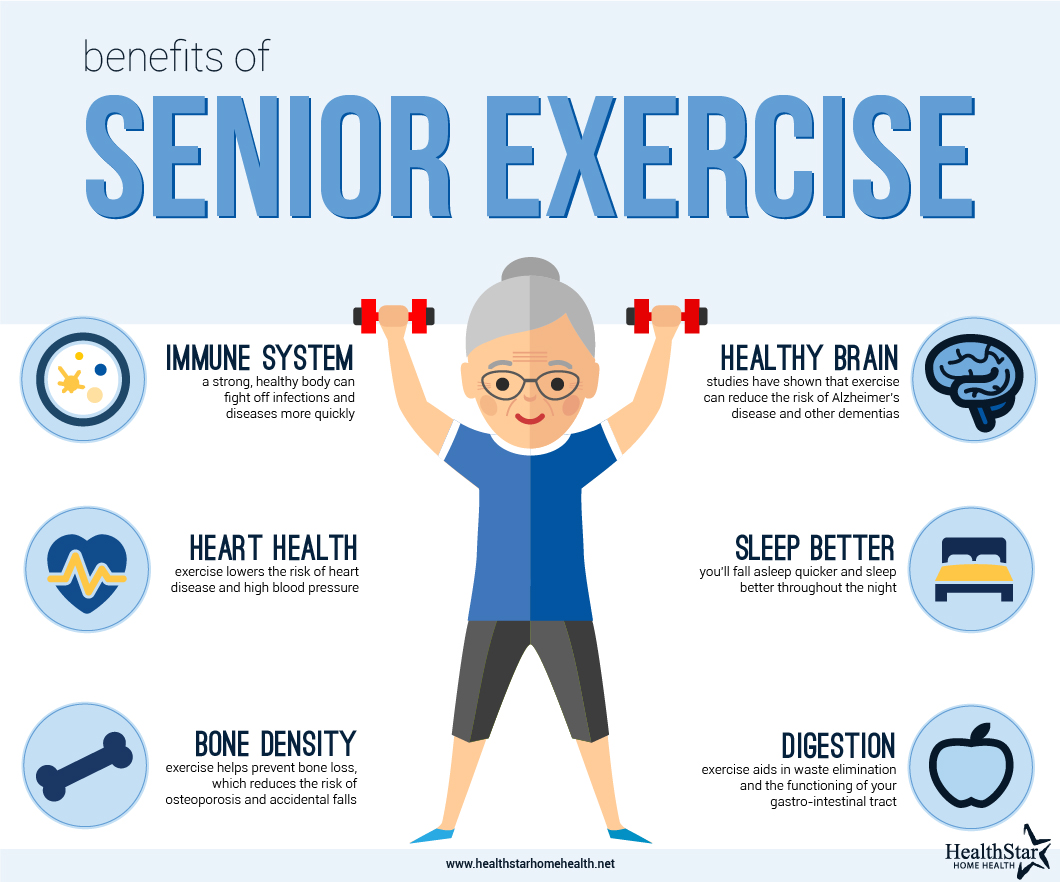The Benefits of Exercising
Regular exercise is key to maintaining a healthy lifestyle. In this article, we will explore the numerous benefits of exercising and how it can positively impact your physical and mental well-being.
Improved Physical Health
Engaging in regular exercise has a multitude of physical health benefits. It helps to strengthen your muscles and bones, enhancing your overall strength and flexibility. Regular exercise also promotes cardiovascular health, reducing the risk of heart disease, high blood pressure, and stroke.
Exercise is an effective way to manage weight and prevent obesity. It helps to burn calories, increase metabolism, and build lean muscle mass. By incorporating exercise into your routine, you can achieve and maintain a healthy body weight.
Enhanced Mental Well-being
Exercise not only benefits your physical health but also has a profound impact on your mental well-being. It is a powerful tool for reducing stress, anxiety, and depression. When you exercise, your brain releases endorphins, which are natural mood elevators that promote a sense of happiness and well-being.
Regular physical activity can also improve sleep quality and boost energy levels. It helps to combat fatigue and increases mental alertness, allowing you to be more productive throughout the day.
Reduced Risk of Chronic Diseases
Engaging in regular exercise can significantly lower the risk of developing chronic diseases. It helps to prevent conditions such as type 2 diabetes, certain types of cancer, and osteoporosis. Exercise also improves immune function, reducing the likelihood of contracting infectious diseases.
Furthermore, exercise plays a crucial role in managing chronic conditions. It can help control blood sugar levels in individuals with diabetes, improve lung function in people with asthma, and alleviate symptoms in individuals with arthritis.
Improved Cognitive Function
Exercise has been shown to enhance cognitive function and improve brain health. It increases blood flow to the brain, promoting the growth of new brain cells and improving memory and concentration.
Regular exercise is particularly beneficial for older adults, as it can help prevent age-related cognitive decline and reduce the risk of developing neurodegenerative diseases such as Alzheimer’s.
Boosted Immune System
Regular physical activity strengthens the immune system, making you less susceptible to illness and infection. Exercise promotes the circulation of immune cells, allowing them to detect and fight off harmful pathogens more effectively.
However, it is important to note that excessive exercise or overtraining can have the opposite effect, temporarily weakening the immune system. It is crucial to strike a balance and engage in moderate exercise for optimal immune function.

In conclusion, regular exercise offers a wide range of benefits for both your physical and mental well-being. From improving physical health and reducing the risk of chronic diseases to enhancing cognitive function and boosting the immune system, exercise is a powerful tool for achieving a healthier and happier lifestyle.
Frequently Asked Questions
1. Why is exercising important?
Regular exercise has numerous benefits such as improving cardiovascular health, boosting mood, increasing energy levels, and maintaining a healthy weight.
2. How often should I exercise?
It is recommended to engage in at least 150 minutes of moderate-intensity aerobic activity or 75 minutes of vigorous-intensity aerobic activity per week. This can be divided into smaller sessions throughout the week.
3. Can exercising help with weight loss?
Yes, exercising can aid in weight loss by burning calories and increasing metabolism. It is important to combine exercise with a balanced diet for effective weight management.
4. What are the mental benefits of exercising?
Regular physical activity can improve mental health by reducing symptoms of depression, anxiety, and stress. It also promotes better sleep and boosts overall cognitive function.
5. How does exercise benefit the heart?
Exercising strengthens the heart muscle, improves blood circulation, and lowers blood pressure and cholesterol levels. This reduces the risk of heart disease and stroke.
6. Can exercising improve my energy levels?
Absolutely! Regular exercise enhances the delivery of oxygen and nutrients to the body’s tissues, improving overall energy levels and reducing feelings of fatigue.
7. Does exercising help in preventing chronic diseases?
Yes, exercising regularly can lower the risk of developing chronic conditions such as heart disease, type 2 diabetes, certain cancers, and osteoporosis.
8. Can exercising improve my sleep quality?
Physical activity can promote better sleep by helping you fall asleep faster, improving sleep duration, and enhancing sleep quality. However, avoid intense exercise close to bedtime.
9. How does exercising benefit mental sharpness?
Regular physical activity increases blood flow to the brain, stimulates the growth of new neurons, and improves cognitive function, memory, and concentration.
10. Can exercising improve my overall quality of life?
Absolutely! Regular exercise not only improves physical health but also enhances mental well-being, boosts self-confidence, reduces stress, and promotes a sense of happiness and fulfillment.




